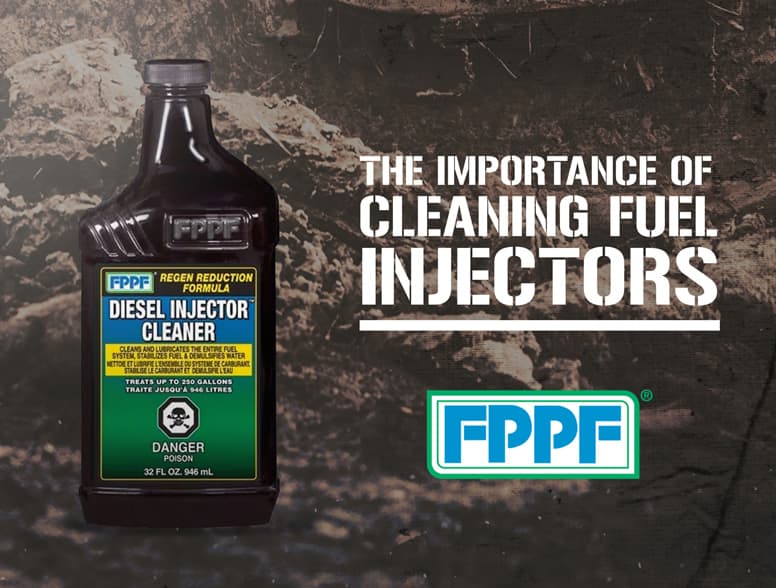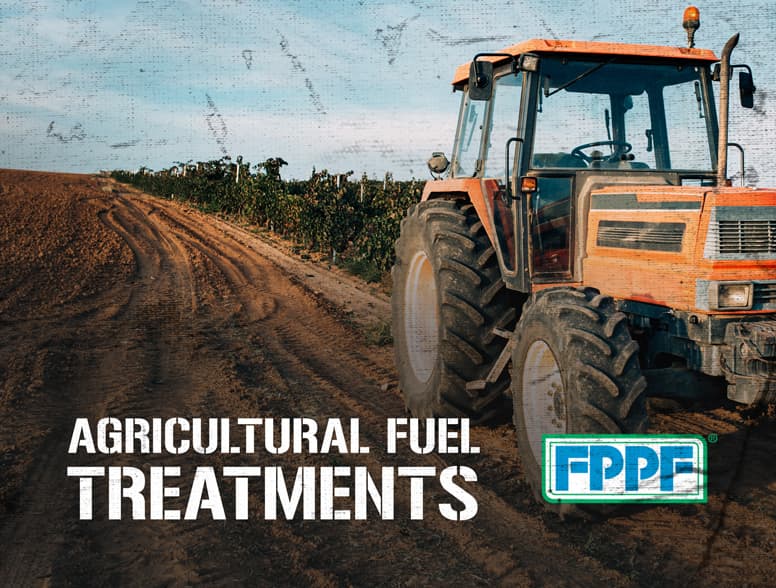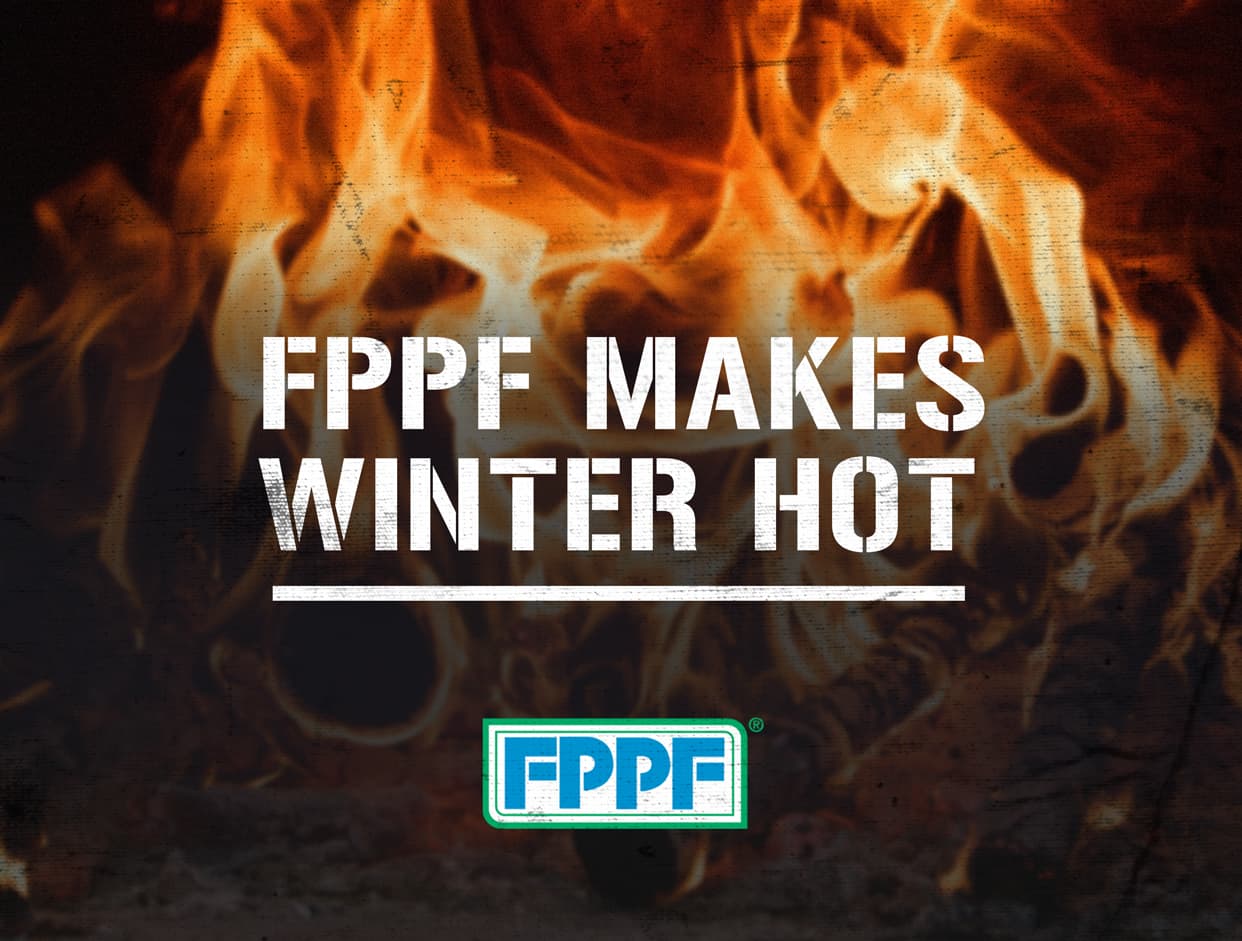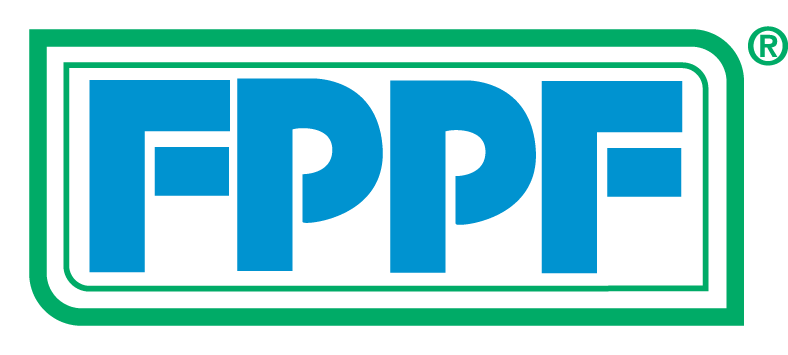fuel additive Company

The Science Behind Fuel Treatments: How They Work in Buffalo, NY
Are you a driver in Buffalo, NY who is looking for ways to maximize your car’s performance? Fuel treatments have become increasingly popular as an effective way to improve engine efficiency and reduce emissions. But what exactly are fuel treatments, and how do they work? In this blog post, we will discuss the science behind fuel treatments and explain how these products can help drivers in Buffalo get the most out of their vehicles. We’ll explore why fuel treatments are important for optimal vehicle performance, discuss the different types available on the market today, and provide tips for choosing the right product for your needs. By taking advantage of all that fuel treatment technology has to offer, you can make sure that your car is running at peak efficiency while helping protect our local environment.
Definition and explanation of fuel treatments
Fuel treatments are substances used to reduce the number of pollutants released from motor vehicle exhaust. They work by reducing the number of unburned hydrocarbons, nitrogen oxides, carbon monoxide, and other particles in the exhaust. Fuel treatments are designed to lower emissions and improve engine performance in a number of ways – including improving combustion efficiency, decreasing the formation of exhaust pollutants, and increasing fuel efficiency.
In Buffalo, NY, the primary fuel treatment used is ethanol, which is a type of alcohol made from plant sources such as corn or sugarcane. Ethanol is blended with gasoline to reduce emissions and improve air quality in urban areas. It also helps to reduce vehicle maintenance costs by reducing the formation of carbon deposits in the engine.
How do fuel treatments work?
To understand how fuel treatments work in Buffalo, NY, it’s important to first understand the science behind them. Fuel treatments are specially formulated mixtures of additives that help improve the overall performance of an engine by improving the combustion process. These additives create a more efficient burn and reduce the number of pollutants created during combustion.
Fuel treatments contain compounds such as corrosion inhibitors, anti-wear agents, detergents, and lubricants that help protect the engine from wear and tear. These compounds reduce the amount of energy released during combustion and make it easier for an engine to run more efficiently.

How do different types of fuel treatments achieve their goals?
Fuel treatments are formulas designed to help improve the performance of your vehicle’s fuel system. They may contain a combination of detergents, lubricants, corrosion inhibitors, and other ingredients that work together to enhance the performance of your engine and its components.
Fuel treatments also contain other additives such as alcohol, surfactants, or stabilizers that provide additional benefits. These additional ingredients may include detergents to help keep the fuel system clean, alcohol to increase engine power, surfactants to improve fuel economy, or stabilizers to reduce the risk of corrosion.
In Buffalo, NY, some of the most common fuel treatments are those designed to prevent fuel system deposits from building up and blocking small openings in the injection system. These deposits can cause your vehicle to run rough or even stall. Fuel treatments designed to prevent this build-up may contain detergents and lubricants that help keep the fuel system clean and functioning properly.
Importance of timing and frequency of fuel treatments
Fuel treatments are an important part of ensuring the health and safety of a vehicle in Buffalo, NY. It is essential to know what time of year and how often these treatments should be done in order to maximize their effectiveness.
Timing is key when it comes to fuel treatments. In cold climates like Buffalo, NY, regular fuel treatments are recommended during the fall and winter months. This is because cold temperatures can cause gasoline and diesel fuel to gel, especially if they contain paraffin wax or other impurities. Fuel treatments help reduce the gelling of these components and keep your engine running smoothly.
In warmer climates, like Buffalo, NY, fuel treatments should be done more frequently than in colder climates. This is due to the fact that warmer temperatures cause fuel to evaporate quickly, leading to increased deposits and corrosion in fuel systems. Regular fuel treatments can help reduce this damage and keep your vehicle running smoothly.

Wildfire risk in Buffalo, NY, and surrounding areas
Wildfires can cause catastrophic damage to homes, businesses, and ecosystems. The risk of fire is especially high in Buffalo, NY due to the area’s dry climate and lack of natural barriers to help contain fires. As a result, homeowners in the region must take extra precautions when it comes to wildfire prevention. One way to reduce the risk of a wildfire spreading is through fuel treatment.
Wildfire fuel treatments are special techniques used to reduce the flammability of certain vegetation, including trees and other plants. These treatments can dramatically reduce the risk of a wildfire spreading due to a decrease in available fuel. In Buffalo, NY, fuel treatment typically involves removing or thinning out dense stands of trees and brush as well as pruning low-hanging branches. Additionally, homeowners may be asked to clear away dead vegetation and debris from their property in order to reduce fuel sources for a potential wildfire.
Conclusion
Fuel treatments are an important part of maintaining the health and safety of vehicles in Buffalo, NY. Proper timing and frequency of fuel treatments is necessary to maximize their effectiveness, while also reducing the risk of wildfire. By following the appropriate recommendations for fuel treatment in Buffalo, NY, homeowners can protect their property and help reduce the risk of disaster.
At FPPF, we understand the importance of fuel treatments for both vehicle and wildfire safety. We offer a variety of fuel treatments to help keep your engine running smoothly, reduce emissions, and protect you from wildfires. Contact us today at (716) 856-9607 to learn more about our products!
